In total, 4,706 players have played at least one game in the NBA since Feb. 2022. And we're adding to that number every single day. We remember the greats, sure, but today we're going to focus on players that aren't as popular as they should have been. We look at highly efficient scorers, incredible roleplayers, and even a true superstar. So let's get down to business and find out who is the most underrated player of the 1980s.
The Most Underrated NBA Players of the '80s
11. Alvin Robertson

Alvin Robertson's name is etched in history alongside some all-time greats. For what? Well, he's one of only four players to record a quadruple-double in an NBA game. He has to be included on this list for his spectacular lost-in-history 1985-'86 season. He made the all-star game as a second-year player for San Antonio, leading the league in steals per game with 3.7 per game. His averages were 17-6-5. However, he was placed on the second team all-defense despite winning the Defensive Player of the Year award. He couldn't beat out first-teamers Maurice Cheeks and Sidney Moncrief (who you'll read more about soon). This was the same situation in 2013 when Marc Gasol won the DPOY award but was placed on the second-team All-Defense squad.
Although Robertson started midway through the decade after being drafted 7th overall in the 1985 draft, he quickly put his name on the map. He made an all-defensive team for the rest of the decade but retired after a short ten-year career because of injuries that plagued him, causing him to miss the 1993-94 and 1994-95 seasons.
10. Marques Johnson

You'll be sick of these guys by the end of it. Here we have Marques Johnson, another all-O, no-D forward from the '80s who made his mark scoring the ball, playing next-to-no defense, and didn't get over the hump of history because of a lack of playoff success.
Does this mean he doesn't deserve a closer look? Of course not; it's just that while looking through Johnson's stats, you might instead swing the other way, thinking he's better than even I'm making him seem. I don't think he is. Don't get carried away here. He's not even the best all-O, no-D player on this list. The '80s were filled with them.
His basketball reference page looks like so many others on this list. A smattering of inconsistent all-star selections ('79, '80, '81, '83, and '86 for Johnson), a brief time in the All-NBA conversation ('79 First Team, '80 Second Team, '81 Second Team), and even some MVP despite never being anywhere close to winning. He was a fantastic scorer but not above others to warrant a higher place in history. He never separated himself in playoff opportunities. He's the benchmark for a list like this, which, no slight to him, means he had a pretty damn good career.
9. Terry Cummings

Terry is an excellent example of what should have been a long and incredibly productive career derailed by a devastating injury. He suffered two torn ligaments in 1992 that caused him to miss almost an entire season and significantly affected his game for the rest of his career. However, he adapted and became an excellent roleplayer despite the athleticism-sapping injury, playing nineteen seasons in the NBA and nine post-injury.
We'll focus on pre-injury years when Cummings was a certifiable scoring sensation. From 1983-1992, Cummings averaged a stellar 21-9-3. He made two all-star games over that span, and his only other major award was the 1982-83 Rookie of the Year win.
Terry could never reach that next step into consistent all-star status or insert himself into the conversation as an All-NBA selection. Still, he was a consistent and reputable star for the middling '80s Spurs. This is an example of a more appropriately rated player but not remembered as the high-level and dynamic scorer he was in his prime years.
8. Andrew Toney
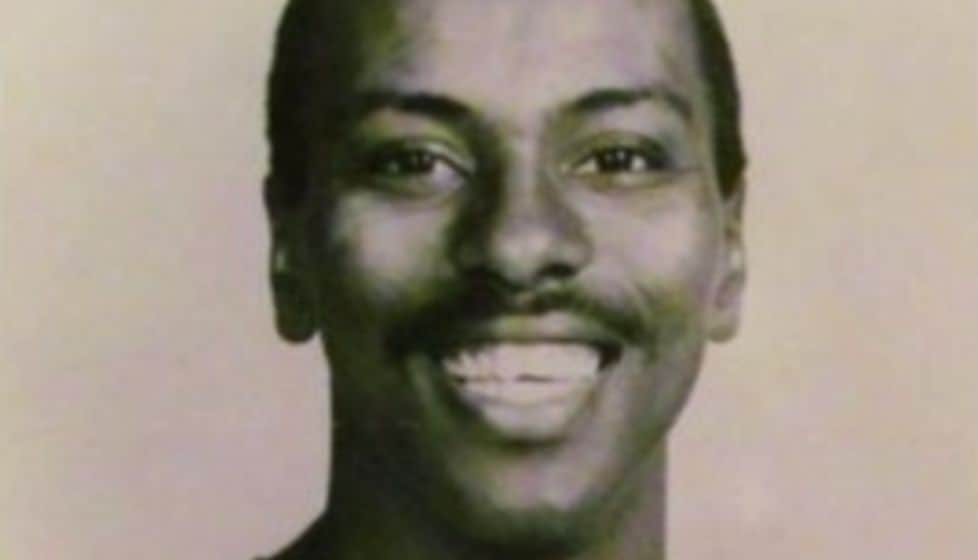
Andrew Toney was a gifted scorer and not much else (which seems to be a common thread in lists like these). He made two all-star games in his career, falling into a perfect situation by being a member of the early '80s Philadelphia team and being a streaky scorer. Seriously, look at the talent of the 1983 team, who went on to win the NBA championship. Toney was the 3rd leading scorer on that squad, behind Dr. J and Moses Malone. He never had to worry about guarding the best player because all-NBA defender Maurice Cheeks took that assignment. He never had to worry about carrying the team offensively because both Dr. J and Moses were given that responsibility. No, he got to go against the weaker perimeter defender and get buckets. Now, most players can only dream of being placed in that role.
This is not to take anything away from Toney. While many others might not have, he thrived in this role and was the perfect complement to a championship-winning team. He would routinely torture the contending Boston Celtics in the '80s playoffs before the Celts' had to bring in all-NBA defensive guard Dennis Johnson to take care of the issue.
Unfortunately, like many throughout the history of the NBA, he was plagued by injuries that cut a magnificent career shorter than it should have been. He only played eight seasons in the NBA, making it over 70 games in only five. Stress fractures in his feet caused him to retire in 1987-88.
He's received high praise from NBA peers, including having Charles Barkley call him “the greatest teammate I ever had.”
7. Adrian Dantley
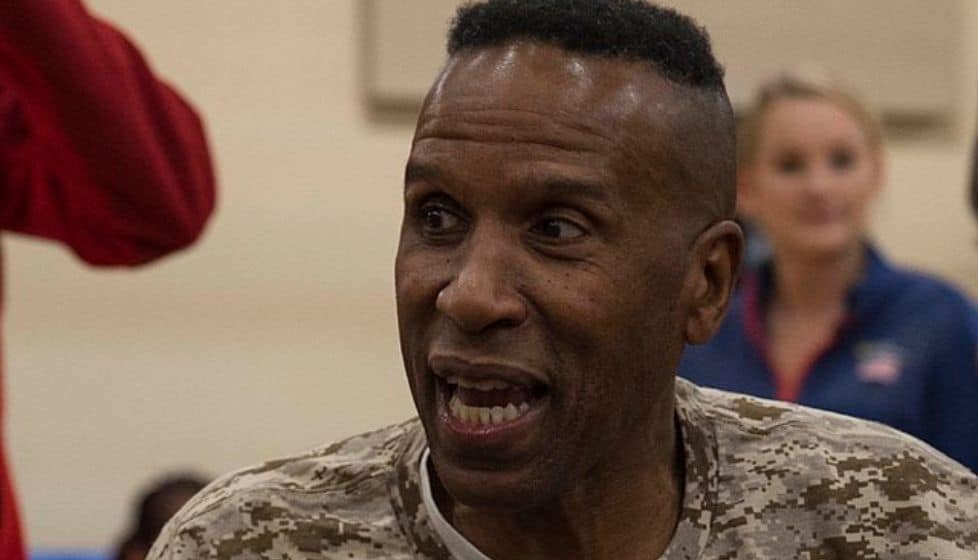
We'll never see another Adrian Dantley. He was a 6'3″ inside scoring presence that finished his career with a 54% field goal average (one of the highest for a non-center). Again, he did 90% of his work inside. He was such a dominant presence that many opponents were thrilled to let him hoist it from 15+ feet, which he could make at a decent clip, but it was a much better option than letting him work his way inside the paint. He could draw fouls at will, routinely averaging more than ten a game while making a sold 80% of it.
To further drive this point home, here's a footnote from Bill Simmon's “The Book of Basketball” showing a 46-point outing by Dantley with just 9 made field goals.
“These were the days when newspapers ran box scores with FGs made, FTs made, total points and that was it. Ryan’s favorite “Dantley” ever: “9–28–46.” When Kevin Durant went 24-for-26 from the line in a 46-point effort against the Clips in January ’09, I immediately thought, “That’s a great Dantley!”
Excerpt From: Bill Simmons. “The Book of Basketball.”
He earned two 2nd Team All-NBA selections in his career, led the league in scoring twice, attempted three times, made free throws five times, and made field goals once. A brutally efficient scorer, Dantley is one of the strangest and most underrated scorers in the history of the NBA.
6. Fat Lever
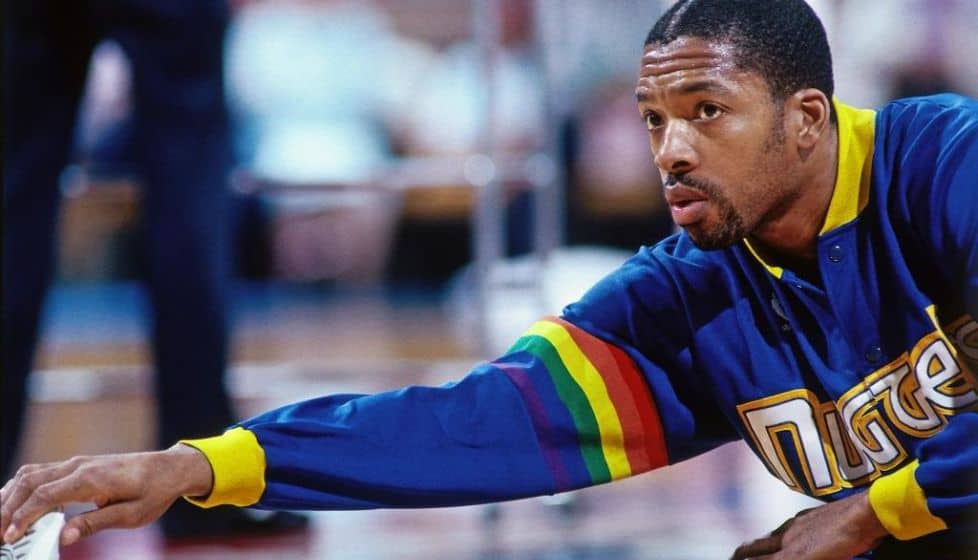
Fat Lever mostly lives on in new NBA fans that discover that one of the elite point guards of the '80s went by the name “Fat.” However, Lafayette Lever had as interesting a game as his name. He was sort of like the prototype for what Russel Westbrook would be, not as explosive, but a statistical impact player that put up numbers in all the important categories. He played on the same squad as Alex English, again helping his case by playing on the highest-paced team in the '80s, which helped put up some incredible statlines.
His best year turned into an all-star selection with averages of 19-8-8 with 2.5 steals. This was after the year he managed to be selected for 2nd Team All-NBA, an honor he would only achieve once. He was recognized defensively, averaging over 2 steals for multiple years in his career and making one all-defensive team,
5. Alex English
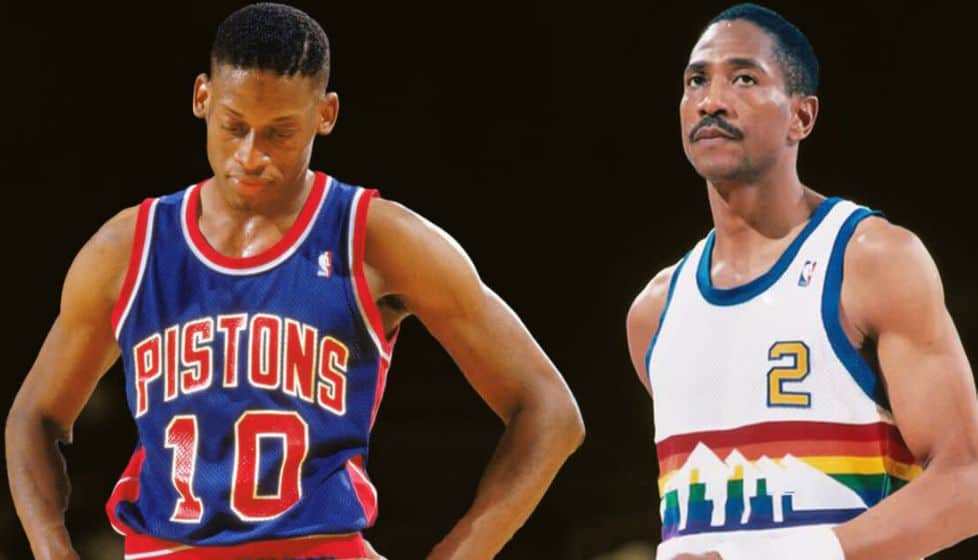
English was a talented scorer and played for several high-quality teams in his career, but he never got over the championship hill. He was a shoo-in all-star, making the team eight years in a row from '81 to '89, offering a high-caliber offensive arsenal to go along with an antithetical defensive ability that gave up almost as many points as English scored. Despite this, he was a highly durable player who played nearly every game.
When English was given the starting role, he averaged 26-5-4. He played on the perfect team for his scoring talents, the remarkably high-paced offensive juggernaut that was the 1980 Denver Nuggets. He scored 47 total points in the highest-scoring NBA of all-time, a 1983 contest between the Detroit Pistons and the Denver Nuggets.
You can think of English as a super-charged Carmelo Anthony. The worst part about this is that English was a far superior player and scorer but will not be remembered as highly as ‘Melo. Oh well.
4. Mark Eaton
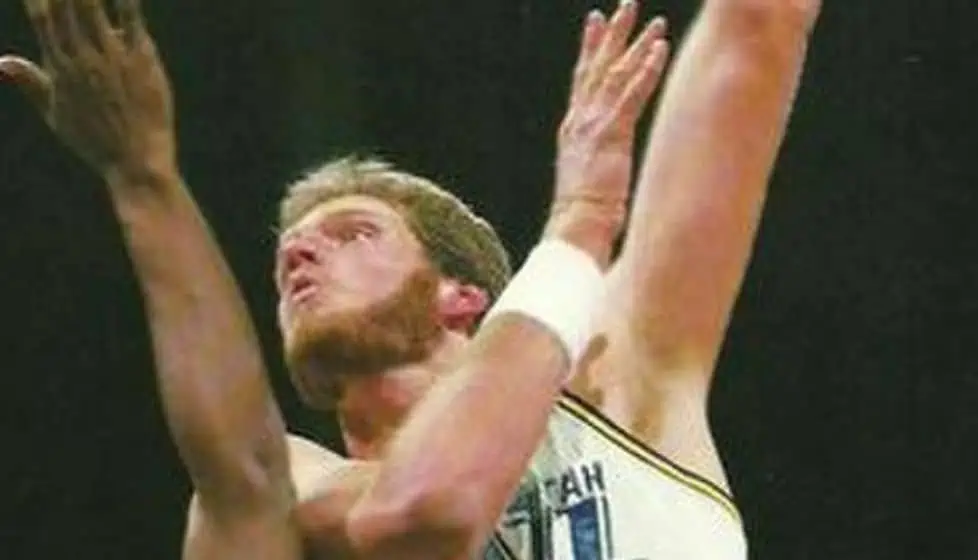
Like the '90s list, we have to include at least one giant. Enter Mark Eaton, a 7'4″ (and one of the tallest players ever) shot-blocking center that played the central role in keeping the Utah Jazz consistently at the top of the Defensive Rating metrics (and first overall in '85, '87, '88, and '89). He was remarkably durable, unlike most players the NBA has seen at that height, playing 79 or more games in every season except his final year in 1993.
He led the league in shot blocking four separate times, in '84, '85, '87, and '88. This earned him two Defensive Player of the Year awards and one all-star selection over his career. Offensively there wasn't much to write home about. He was never able to crack 10 points per game, and despite being 7'4″ tall, his career field goal average sits at 46% without ever attempting a three-pointer.
So while you'd hoped for a bit more offense, there's no denying that playing with such a defensive presence makes life easier for everyone. Funneling it into the paint and having the leader shot-blocker in the NBA ready to back you up is an underrated joy. I'm sure many Utah Jazz players felt playing with Eaton, so he makes this list.
3. Sidney Moncrief
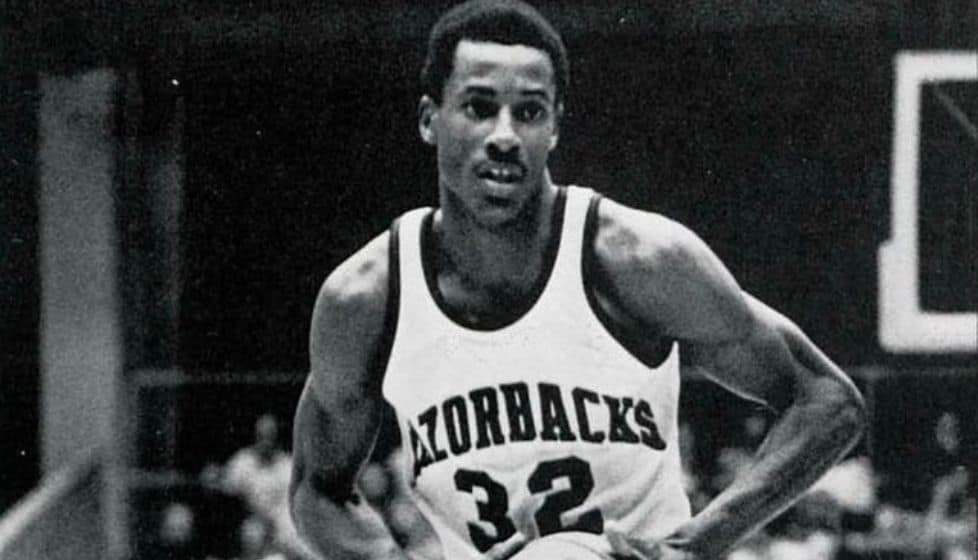
Playing 11 seasons, stretching perfectly over the decade from 1980-1991, Sidney was a destructive force on both sides of the ball. His money was made on defense, where he picked up two Defensive Player of the Year awards. He's on the list of players that have made the 1st Team All-NBA and 1st-Team All-Defense and has done so as many seasons as Kawhi Leonard has.
Sidney used his build to bully smaller defenders in the post when tasked with scoring, but moreover, he was relied upon as a floor general and offensive place setter. You have to remember. At this time, the point guard wasn't seen as a high-level scoring option that is almost mandatory today.
Sidney isn't remembered in the same conversation as the players he made the 1983 1st Team All-NBA with: Magic Johnson, Larry Bird, Doctor J, and Moses Malone, but at his peak, he was seen as that caliber of NBA superstar. Over the four years from 1982 to 1986, Moncrief averaged 21 points, 6 rebounds, 5 assists, and 1.5 steal while being selected to five straight All-Star games. In the list of players who have fallen through the cracks in NBA history, the Hall of Famer Sidney Moncrief may be the most underrated player ever.
2. Bernard King
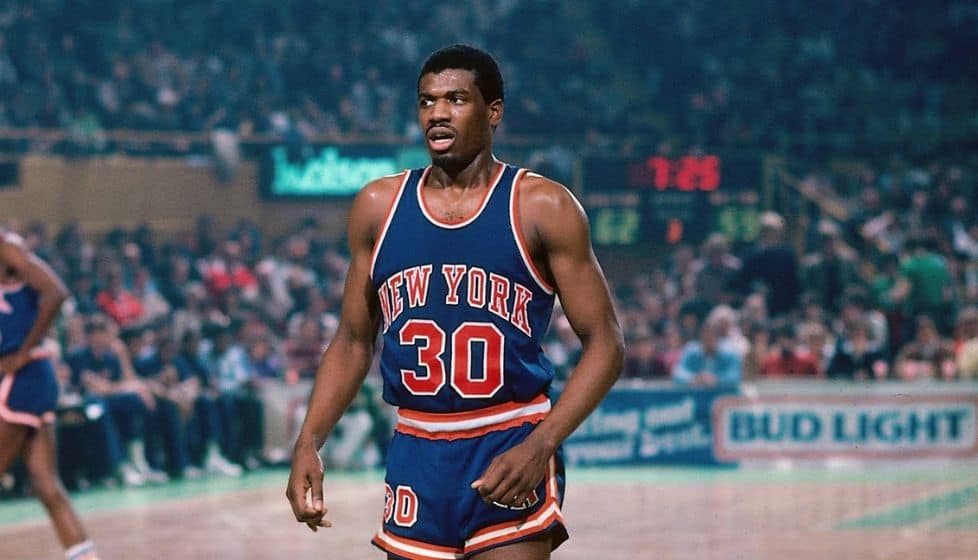
Bernard King is the aptly named king of the all-O, no-D forwards that are heavily featured on this list. He's at the top of the class. Statistics might not back up his case as much as I'd like, but you have to go behind the scenes of this era to get the whole picture. He publicly battled substance abuse issues that kept him out of games, leading to him being traded multiple times. When he was beginning to put it all together, in the 1985 season, where he averaged over 30 points per game, he blew out his knee and was never the same.
At his apex, he was the most dominant scorer in the league. Like others, he struggled heavily with injuries that limited his games played, but when he was on, he was on.
Honestly, his basketball reference page might have you questioning me. But I urge you to dig deeper. Did you find it? This is what I like to call “The Serepator.” If you didn't, I'll help you out. Just look at the Bernards 1984 playoff log. He averaged a stellar 35-6-3, including taking a squad of pure scrubbery to 7 games against the eventual NBA Champs, the Boston Celtics. That's no easy feat; in fact, it's something that others on this list can't hold a candle to. So I rest my case.
Need more convincing? Despite fewer accolades (all-NBA teams etc.) than others on this list, one stat helps his case more than any other. In the 1984 season, he was 2nd in MVP voting. No other player reached that pinnacle in his career. He was the second-best player in a league that featured the actual MVP (Bird), Magic Johnson, Isiah Thomas, and others. And that is why Bernard King is the easy choice for second place on this list.
1. Moses Malone

Take a look at any underrated player thread on Reddit. Is there a name you see more than others? Without a doubt, through the countless threads where people have asked that question, one name stands out among the rest. That name is Moses Malone.
The one defining aspect that put Moses above his peers? His rebounding. And we can't just look at overall numbers here. When people use the slang crashing the boards, the living embodiment of that is Moses Malone. His rebounding acumen wasn't a little rear-ending parking scrap. This was six car pileups on the freeway crashes. In the decade of interest (the 80s), Malone averaged 5.2 offensive rebounds per game. He led the league in rebounding five times over that span, with his highest average coming in at 17.6 in the 1978-79 season.
Considering this is as close to the era of Wilt and Chamberlain, both regularly putting up rebounding numbers in the 20s, we have to put some caveats to show Moses' rebounding was a tier above them. Moses finished the '79 season, grabbing a higher percentage of his team's total rebounds (39.4 percent) than Russel or Wilt ever did.
Moses should be recognized alongside the greats of this era, the Magics and the Birds, but he isn't, and that's disappointing. He was a three-time MVP, won a championship and a Finals MVP, and made All-Defensive First team and 1st Team All-NBA in the same season; the guy has some serious accolades.
So why isn't he remembered on the same level as Bird, Magic, and other 80s superstars? Despite being on that level of NBA excellence, why is Moses on the most underrated players list? My take? His game was just a tad bit too boring. No one has successfully popularized rebounding like we've swooned over the many ways to “get buckets.” And that's the fact of the matter with basketball. Rebounding is boring, but true fans can appreciate the talent and work ethic it takes to be great at it. And surface-level fans can too, but it needs to be accompanied by a little more flair to be recognized. Just look at Dennis Rodman.
Alongside this, it's well documented that Moses was…um, a tad inarticulate. In his 1979 SI feature, Frank Deford says as much.
Malone is not particularly articulate about all this. Indeed, in his heavy bass voice, speaking in the argot of his impoverished Southern subculture, he sometimes seems obtuse.
BOUNDING INTO PROMINENCE – 1979 Sports Illustrated
He wasn't a transcendent athlete like Dr. J, charming as Magic, or have legendary trash-talk stories like Bird. He kept quiet, clocked in, and did his job. So if you're never going to be recognized as the best player to live, is it nice to be recognized as the most underrated player in the history of the NBA? You'll have to ask Moses Malone.
